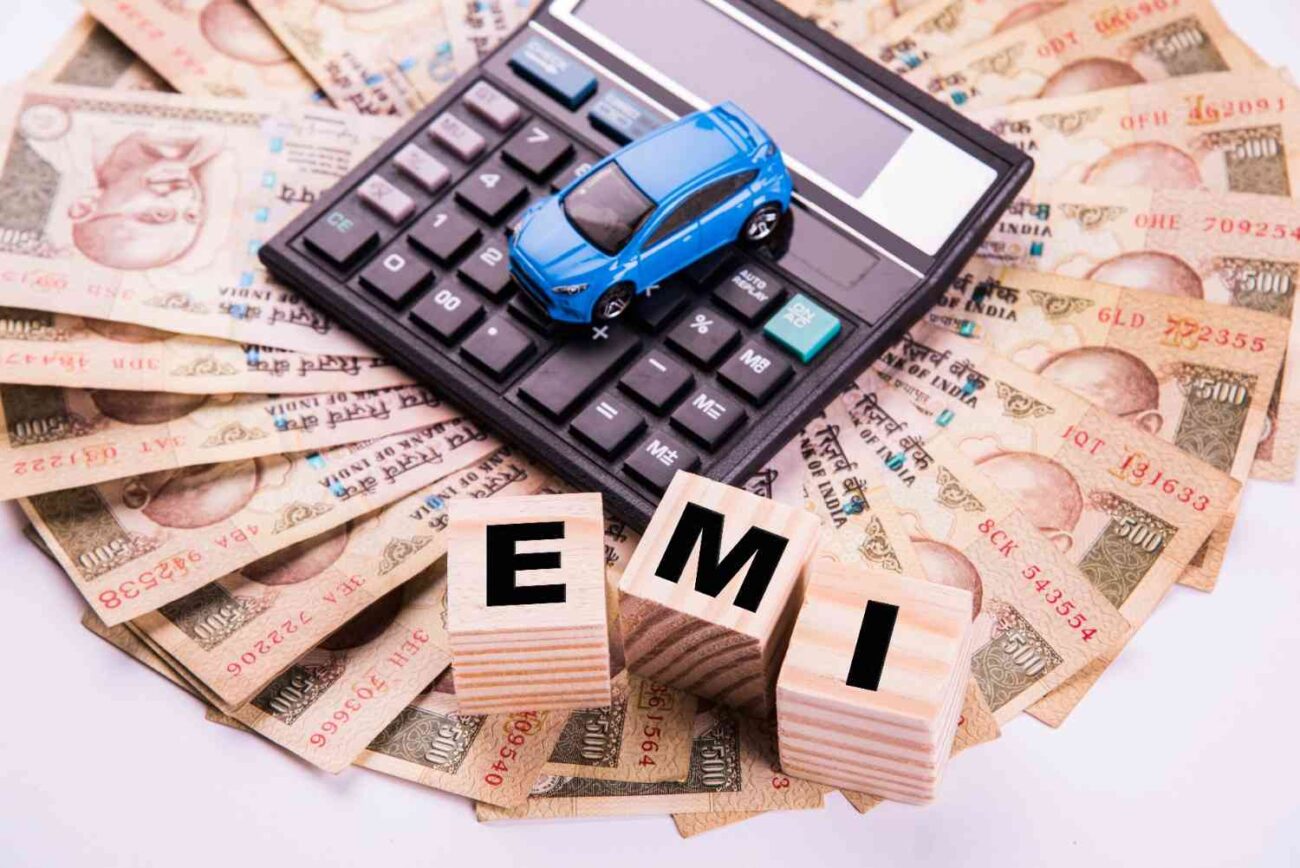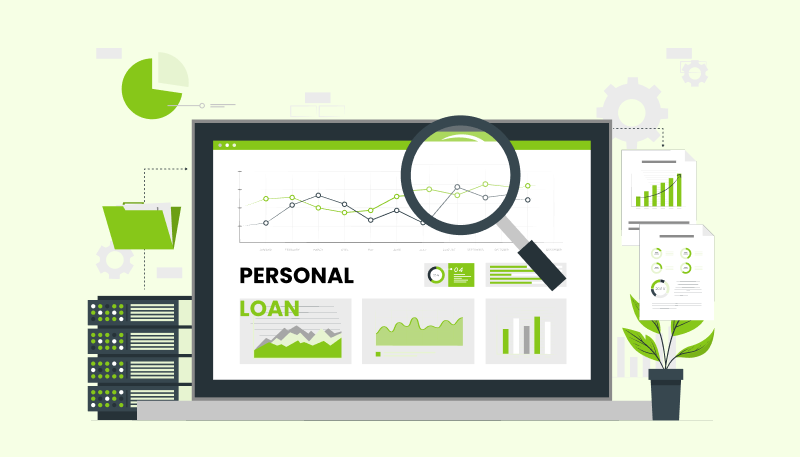Financial surprises are inevitably and suddenly. An unforeseen job loss, a delay in payment of the salary, a medical emergency, or a sudden expense can make EMIs feel like a heavy burden. At this point, the EMI moratorium comes into play-allowing the borrowers to take a temporary break when they need it the most.
But what is an EMI moratorium in reality? And how does it function? Let us simplify and explain it in a way that is very easy to remember and practice.
What Is an EMI Moratorium?
An EMI moratorium is simply a loan repayment freeze for a specific period. It gives you the power to quit making EMI payments for a specific duration without being labeled a defaulter.
However, here is what most people forget,
Your EMIs stop for a few months, but your loan remains active, and interest keeps ticking during the break.
Why Do Lenders Provide It?
Lenders understand that life is unpredictable, and that is why they still offer such a facility. EMI moratoriums are usually offered during,
- Government-initiated relief measures
- Economic downturns
- Natural calamities
- Pandemic-level crises
- Personal financial troubles
The concept is straightforward, lower the pressure during the tough times and make borrowers’ financial stability the end result.
So, How Do EMI Moratorium Rules Actually Work?
You’re essentially looking at a temporary suspension of sorts with some terms attached.
1. Your EMIs are on hold, but the loan is not
While the moratorium lasts, your bank will not demand EMIs. Nevertheless, the amount of your loan continues to grow at the same rate as before with the interest.
2. Interest becomes a passenger that keeps riding along
Even if EMIs are paused, interest is quietly added to your outstanding balance. When the moratorium ends, this accumulated amount is included in your future repayment schedule.
3. Your loan is stretched
To balance those skipped months, your repayment period usually becomes longer. Same EMI, longer timeline, that’s the most common approach lender’s use.
4. In certain situations, EMI may go up instead of tenure
Some lenders allow the borrowers to pay slightly increased EMIs instead of extending the loan period. This entirely varies according to lender’s policies.
5. Approval is not guaranteed
Borrower must still request the moratorium irrespective of government relief announcements. In determining the approval, factors like repayment track and loan type are critical.
6. Your credit score remains intact
Normally if the moratorium is sanctioned, your credit score doesn’t suffer. However, the case is different if you skip EMIs without getting a moratorium; your score will be negatively impacted.
A Quick Example to Make It Clear
Assuming your monthly EMI is ₹10,000 and you choose a moratorium of 3 months.
During these 3 months,
- You pay zero EMI
- Interest keeps building
- After the break, you go back to your regular EMI
But your total loan amount is a little higher and your repayment period is longer than before.
Is an EMI Moratorium a Good Idea?
It depends on your situation.
Choose it if,
- Your income is delayed
- You’re facing a financial emergency
- You need temporary relief
- You want to avoid default or penalties
Avoid it if,
- You can comfortably pay your EMIs
- You don’t want to increase your loan cost
Conclusion
An EMI moratorium can be a smart financial cushion when life gets unpredictable. It buys you time, protects your credit score, and pauses your payments, but it also raises the total amount of your loan. You can determine if EMI moratorium regulations are the best safety net for your circumstances by being aware of how they operate.




